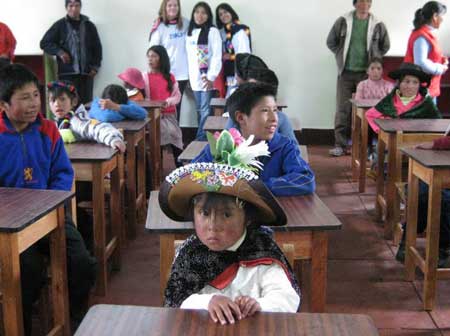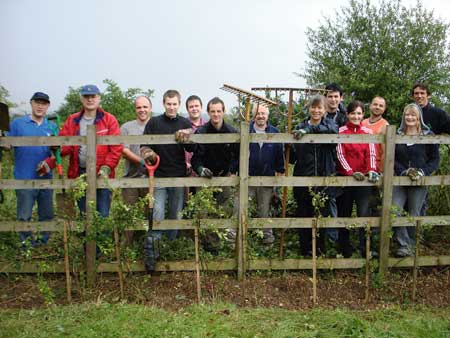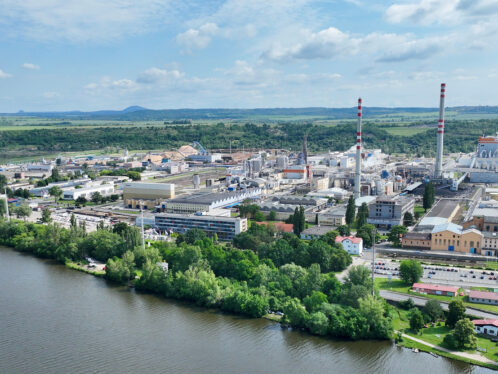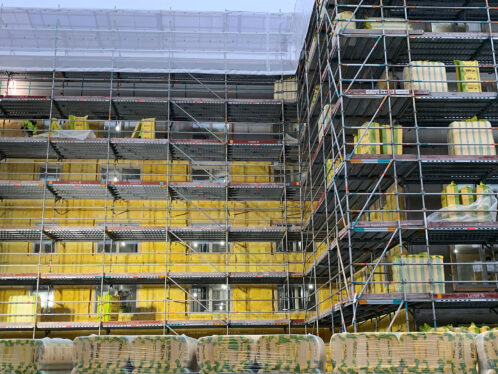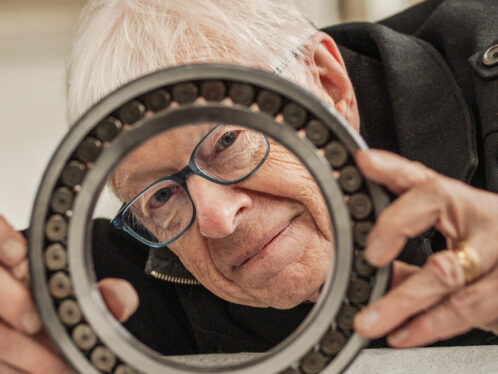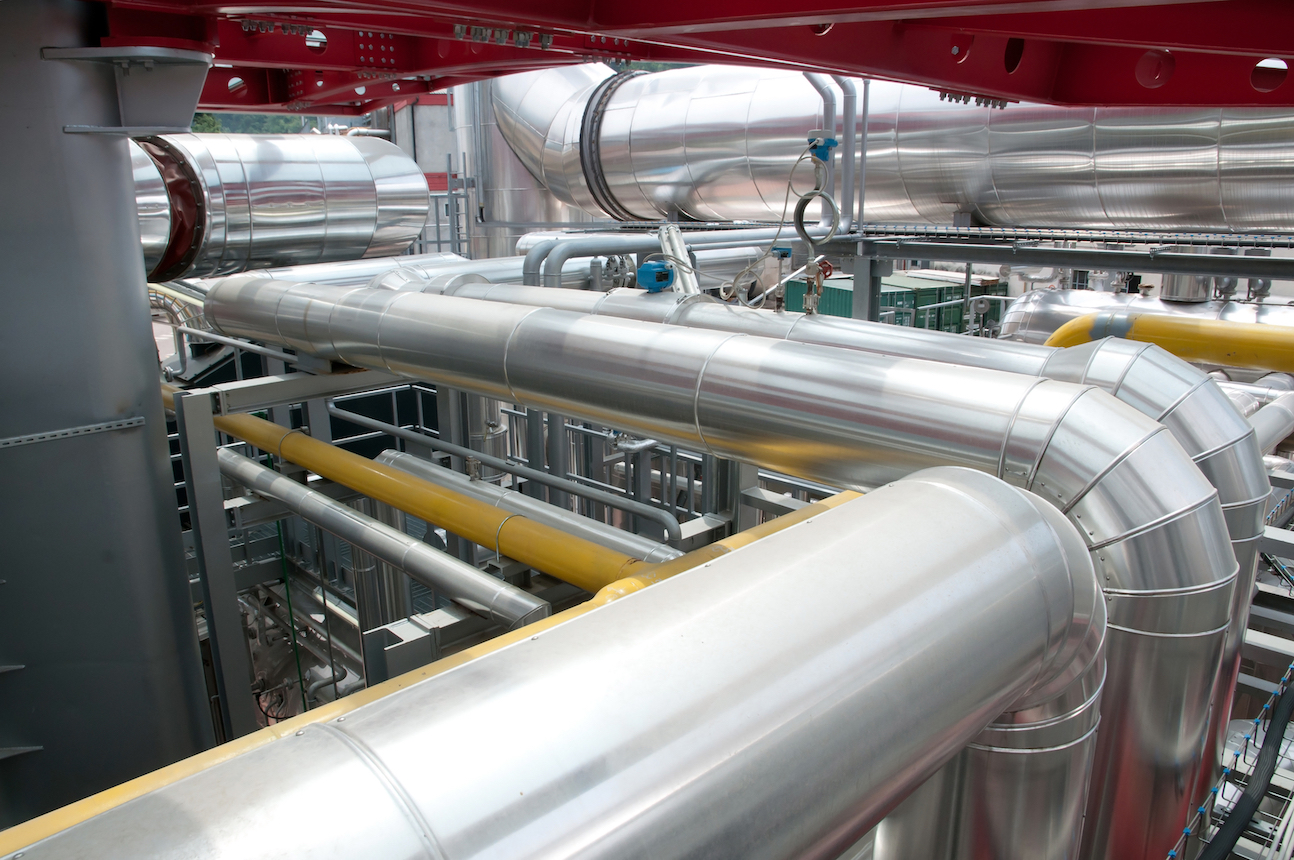
Taking care of business
A responsible and sustainable approach is an important part of the SKF business idea. This applies not only to engineering operations, but to all of the company’s activities worldwide.
SKF has worked with corporate social responsibility (CSR) for many years, but in 2006 the concept was formulated into a programme, the SKF Care programme, to make it easier to relate to, explains Sim Tee Lam, communication manager, SKF Corporate Sustainability.
“With operations in some 100 countries, we have a responsibility not only for the business, but also for the environment around us,” Lam says. “We touch on people’s lives through employment and through education and competence building.”
SKF’s long-term commitment is visible in a study made by Swedish communication consultants Hallvarsson & Halvarsson of the 700 largest European companies. SKF was the first Swedish company to score 12 out of 12 points. Governance, an ethics code, environmental targets stated in se bild ures and the signing of the Global Reporting Initiative were among the 12 indicators the study looked at.
Caring for business and ensuring profitability, as well as high-quality products and satisfied customers, are important in SKF Care. Just as important, however, are the employees, as they embody the company’s competence and knowledge.
“It’s important for us that we not only have a safe work environment, but also that our employees feel good and are provided with a development programme,” says Lam.
She believes that long-term CSR is a win-win situation. If a company wants to make a profit it has to be sustainable, which makes the environmental impact extremely important.
“With all our factories, warehouses and distribution centres, we touch on environments around the world,” Lam says. “We consume energy, and we have waste, but we also work on how to reduce our impact through new technologies, using less in terms of lubricants and fuels.”
This is also requestedfrom suppliers who are asked to report their emissions to SKF.
“This is quite a complex process,” Lam says. “In the Western world it is starting to become the norm, but in other countries this can be challenging and difficult. In some cases we also help our suppliers cut CO2 emissions and energy consumption.”
Another part of the SKF Care programme is community care. To provide employment is one thing, but the aim is to do much more, Lam says, and explains that the approach varies between countries.
“We try to get to know and engage in the local community we operate in to identify its needs,” Lam says. “In South Africa, for example, we built a childcare home for children with HIV and AIDs or with parents who are suffering from it.”
Elsewhere the programme has different aims. In Turkey, SKF se bild hts illiteracy among young girls by providing scholarships together with partners, suppliers and customers. In Austria, SKF provides mentally and physically disabled teenagers work training in order to improve their employment opportunities.
Lam says she can’t see the financial crisis changing this ongoing process.
“This financial turmoil is really a testing ground, but it’s very important for us that we continue to enhance our SKF Care approach in our business process so it’s not considered an add-on,” she says. “SKF Care isn’t something we engage in only when the sun is shining; we also care when it’s raining.”



